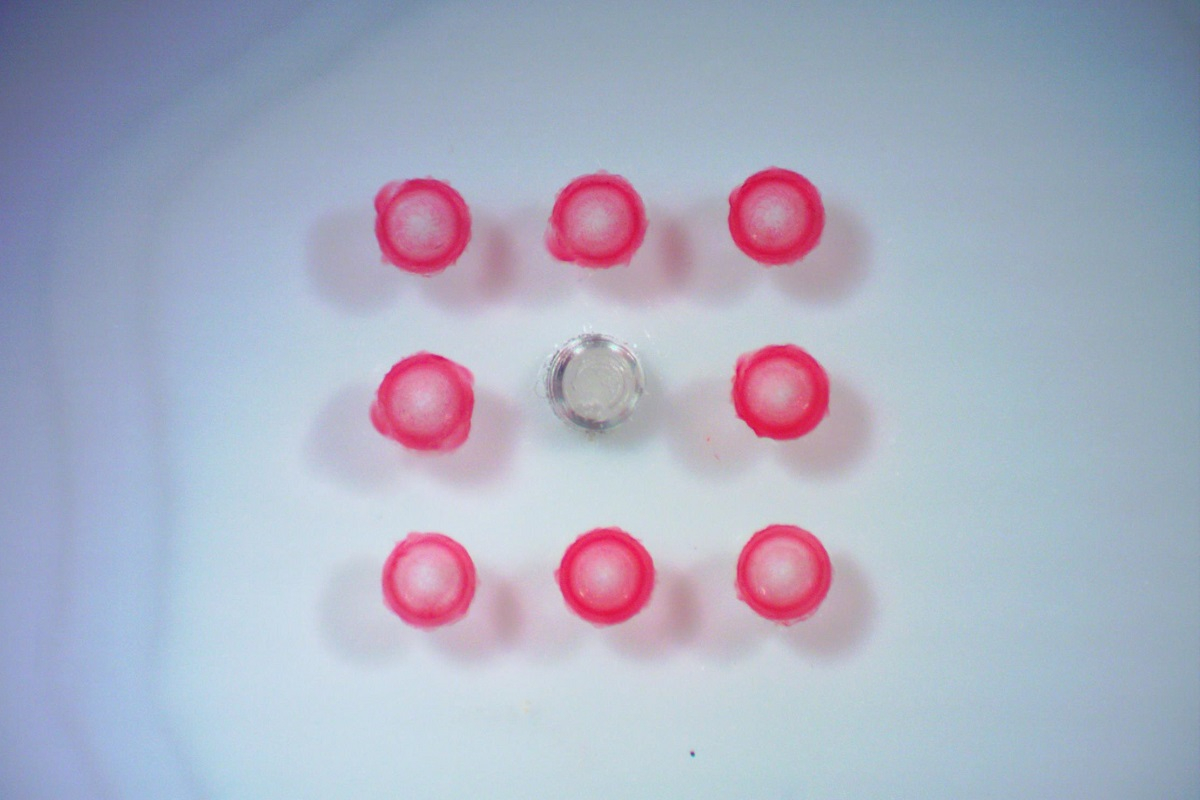The Photonics Society, a student branch of the SPIE international society, starts its work at St Petersburg University
The Photonics Society has been founded on the initiative of students at the Institute of Chemistry of St Petersburg University. It is officially recognised as a student branch of the International Society for Optics and Photonics SPIE. Its mission is to unite researchers and students of various research teams working with light and matter.
SPIE provides funding to its student branches to hold their own student conferences, lecture series, excursions, and scientific festivals. The society also provides training for unit members, covers the costs of annual participation of society representatives in an international conference, and pays for inviting leading foreign scientists to give lectures. Membership of the branch of the International Society for Optics and Photonics makes it possible for every student to apply for individual SPIE grants on a competitive basis and receive discounts on participation in conferences. University students got to know about the possibility of being supported by the international society thanks to the participation of Olga Odintsova, a student of St Petersburg University, in the SPIE Optics + Optoelectronics 2019 conference in Prague this spring. ‘Similar branches exist in dozens of universities all over the world. It is surprising that such societies have not existed before at this university as it has a rich history in the field of optical research, state-of-the-art equipment, and a large number of research teams conducting investigations in this area,’ said Aleksei Smirnov, a student of St Petersburg University and the chairman of the Photonics Society.
The field of research into the interaction of light with matter is becoming more and more popular among chemists, physicists and biologists of St Petersburg University. Laser impact opens up possibilities for running a much larger number of physico-chemical processes than any other methods. However, it is often the case that many students and employees of the University are not aware that their subject matters may be interesting for colleagues working in a nearby laboratory. ‘When preparing documents for registering the branch, we found a lot of research teams in departments of physics whose research topics were close to those of the laboratories of the Institute of Chemistry of St Petersburg University,’ said Olga Odintsova, deputy chairman of the Photonics Society. ‘Physicists carry out a lot of theoretical simulations of processes that are studied experimentally by the University chemists. If we combine our efforts, we can achieve more,’ she concluded.
Thanks to the support of St Petersburg University administration and the International Society for Optics and Photonics SPIE, the Photonics Society will be able to work on numerous projects in the field of scientific and public activities, as well as promoting this area of science. Joint events and summer schools in photonics are planned to be organised with the SPbU Project Workshop. It is a creative student association created last year with the support of the St Petersburg University Endowment Fund. And 2020 is expected to see the SPIE student conference on optics, lasers and photonics. It will be held with the support of the SPIE FOCUS Conference Grant and the grant competition of the Federal Agency for Youth Affairs (Rosmolodezh). According to the members of the Photonics Society, the opportunity to hold their own conference is an important factor that will lead to the development of interdisciplinary research. There is a shortage of interdisciplinary conferences in Russia, in particular on nanophotonics – an area which is also of interest for physics, chemistry, and biology.
The Photonics Society is calling for students with initiative who are ready to organise events. At present, 16 undergraduate and postgraduate students are registered in this SPIE branch. If your research team is involved in optical methods for studying substances or subject matters of your research can be obtained using radiation, then your students have the opportunity to join the SPIE student society at St Petersburg University.




